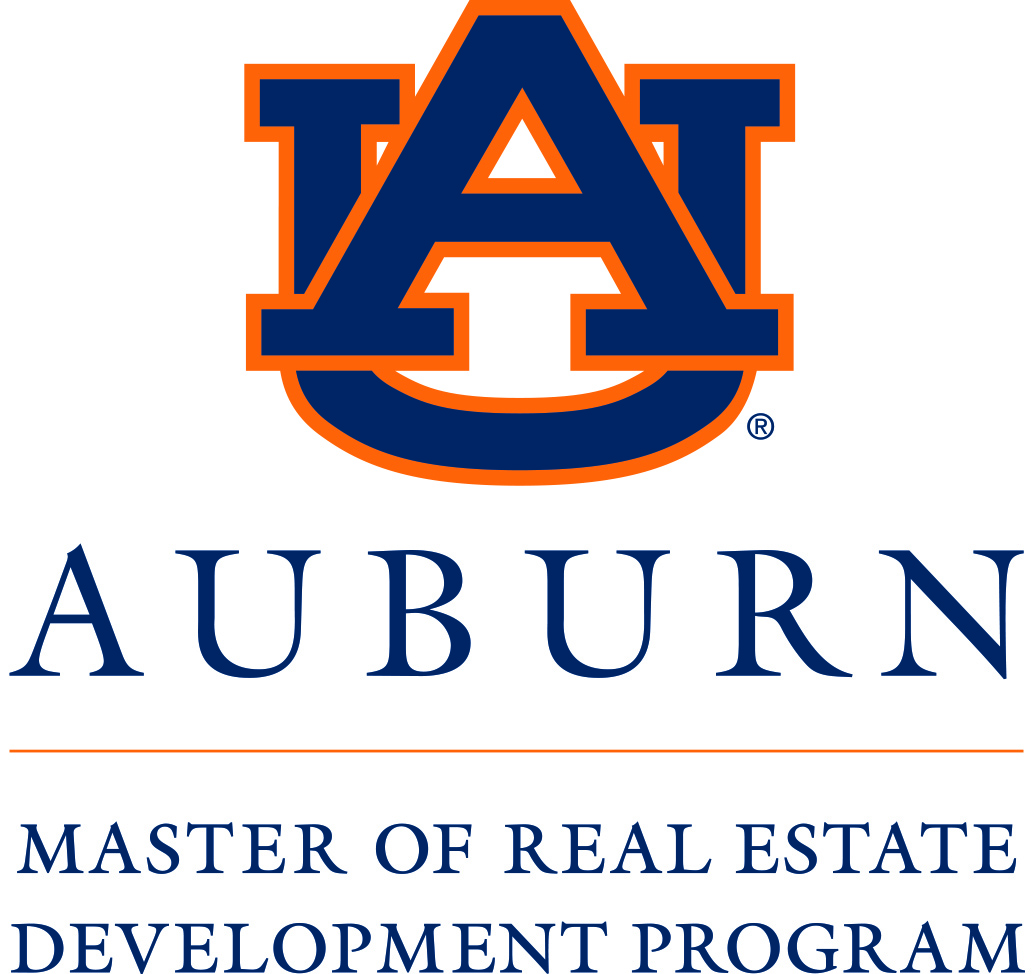Considering Grad School? Here’s What To Look For In A CRE Master’s Program

The news has been full of references to the Great Resignation and people picking up “side hustles” to make extra income. While these terms may make for flashy headlines, they often leave out that “back to school” is another trend popping up among more working adults.
Enrollment in U.S. graduate programs grew nearly 5% between fall 2019 and fall 2021, even as observers worried about a decline in enrollment in four-year programs during the coronavirus pandemic.
With graduate enrollment on the rise, many students are gravitating to niche programs that will teach them new skills and give them a leg up in their fields, including commercial real estate.
“We've seen a trend toward the specialized master’s degree as opposed to just an MBA during Covid,” said Justin Benefield, Ph.D., director of the Master of Real Estate Development program at Auburn University in Auburn, Alabama. “In fact, we have seen a pretty substantial increase in interest in our MRED program.”
The Master of Real Estate Development is a five-semester program offered through Auburn’s Harbert College of Business. Benefield describes it as a hybrid program that combines distance learning with six separate, weeklong residencies at the Auburn campus. Students also participate in field studies where they visit CRE projects across the country and meet with leaders in commercial real estate.
Zac Marquess, director of investments for Goldenrod Cos. and recent MRED graduate, said he appreciated the opportunity to earn his master’s while he worked full time. But it was the opportunities for idea exchanges and networking with fellow students that might have been most valuable to him.
“I remember that first residency where everybody shared their stories and talked about who they are, and realizing, ‘Hey, there's so much to learn from everybody in this room,’” Marquess said. “A big draw for me was the people in my cohort, seeing their different perspectives and wanting to do deals with them, whether that's now or five years from now.”
Marquess entered the program in 2019, hoping to gain a more well-rounded understanding of the various disciplines he interacted with on projects.
“In commercial real estate, you're exposed to a lot of different fields, whether it's finance or construction, management or legal,” he said. “Maybe you have one niche that you're already good at, but I think a graduate degree can help round it out. I deal with construction on a daily basis, but I'm a finance guy. MRED really helped me to learn to talk to contractors and understand how their side of the table works.”
Benefield advised CRE professionals contemplating graduate school to consider which type of learning method will work best for them, whether it is distance learning, in-class instruction or a combination of both. He also recommended they take a hard look at a program’s curriculum to make sure it will help them meet their goals.
At Auburn, the MRED curriculum ranges from courses in the principles of real estate development in the first semester to contract negotiations in the final term. In between, students also study the principles of building design and construction, as well as site planning and infrastructure development.
Construction and contracts are important parts of any CRE project. But Benefield, who teaches finance, said he hopes graduates also leave with a greater understanding of the dollars and cents involved in CRE projects.
“Modeling cash flows is going to be paramount in any deal that they ever look at,” he said. “Being able to take a financial model that you built and use it to help figure out how much risk is involved is a skill that I hope they take away. Also, students should gain an understanding of the bigger picture — that in order to be successful, you have to have the right people on your team, and you have to get out of the way and let them do their jobs.”
To achieve that, as Marquess noted, it helps to understand the roles different CRE stakeholders play and how they complement one another. But while building a network is important, he added, a student’s success depends on their commitment to coursework.
“Graduate school is obviously a lot of hard work, but it can be so rewarding — not unlike real estate development, where it also takes hard work to be successful,” Marquess said. “But it’s worth it. I’m proud to be an Auburn alum and a ‘War Eagle.’"
This article was produced in collaboration between Studio B and Auburn University. Bisnow news staff was not involved in the production of this content.
Studio B is Bisnow’s in-house content and design studio. To learn more about how Studio B can help your team, reach out to studio@bisnow.com.

